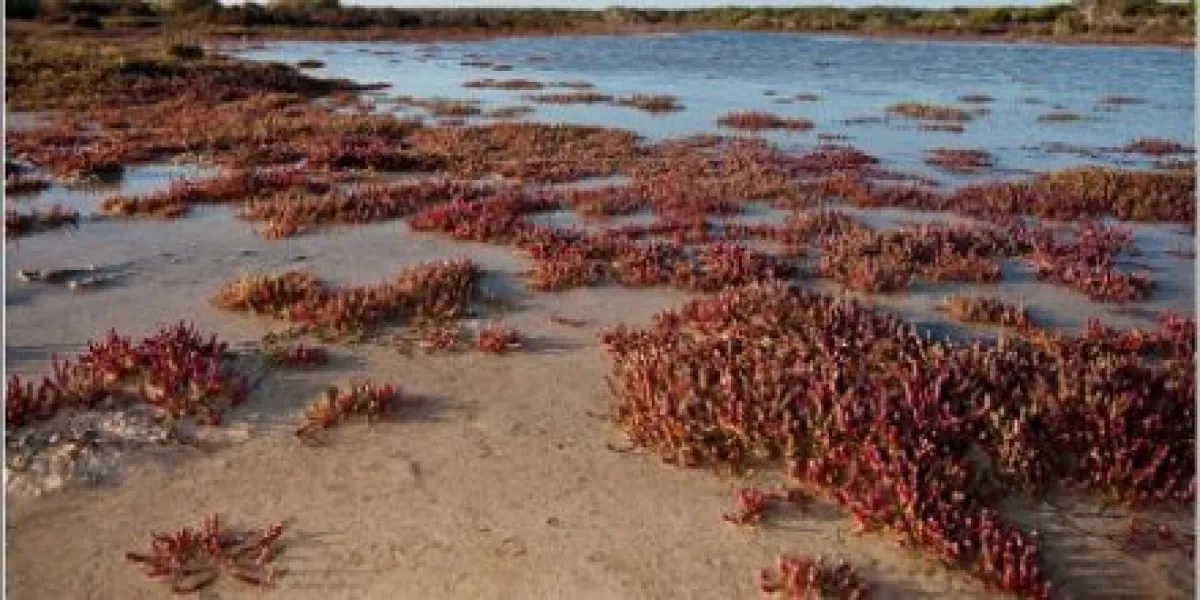ARC Discovery success

The Australian landscape presents many areas of extreme conditions for plant survival, such as drought, heat, or salt-affected soils. Are some lineages better able to adapt and diversify in these harsh conditions?
Research begun earlier this year in a CBA ignition project led by Xia Hua - Developing new methods for using distribution data to identify taxa that can tolerate extreme conditions - is going to be further developed via an ARC Discovery grant awarded today to CBA members Lindell Bromham and Marcel Cardillo from the Research School of Biology, ANU.
The new Discovery project Evolution at extremes: Macroevolutionary responses to harsh environments will continue the collaboration with CSIRO's Atlas of Living Australia.
The project aims to develop new phylo-spatial methods to identify lineages most tolerant of extreme environments, detect enabling traits that contribute to stress resistance syndromes, and test whether plant assemblages in extreme environments are formed from colonisation by specialist tolerators, or by local species adapting.
These new methods provide a unique macroevolutionary perspective that allows the prediction of species or communities best able to adapt to the increasing extreme conditions expected under global environmental change.
There is scope to develop student projects (honours or higher degree) on this topic. Please get in touch with Lindell or Marcel if you are interested in joining the Macroevolution & Macroecology Group.
